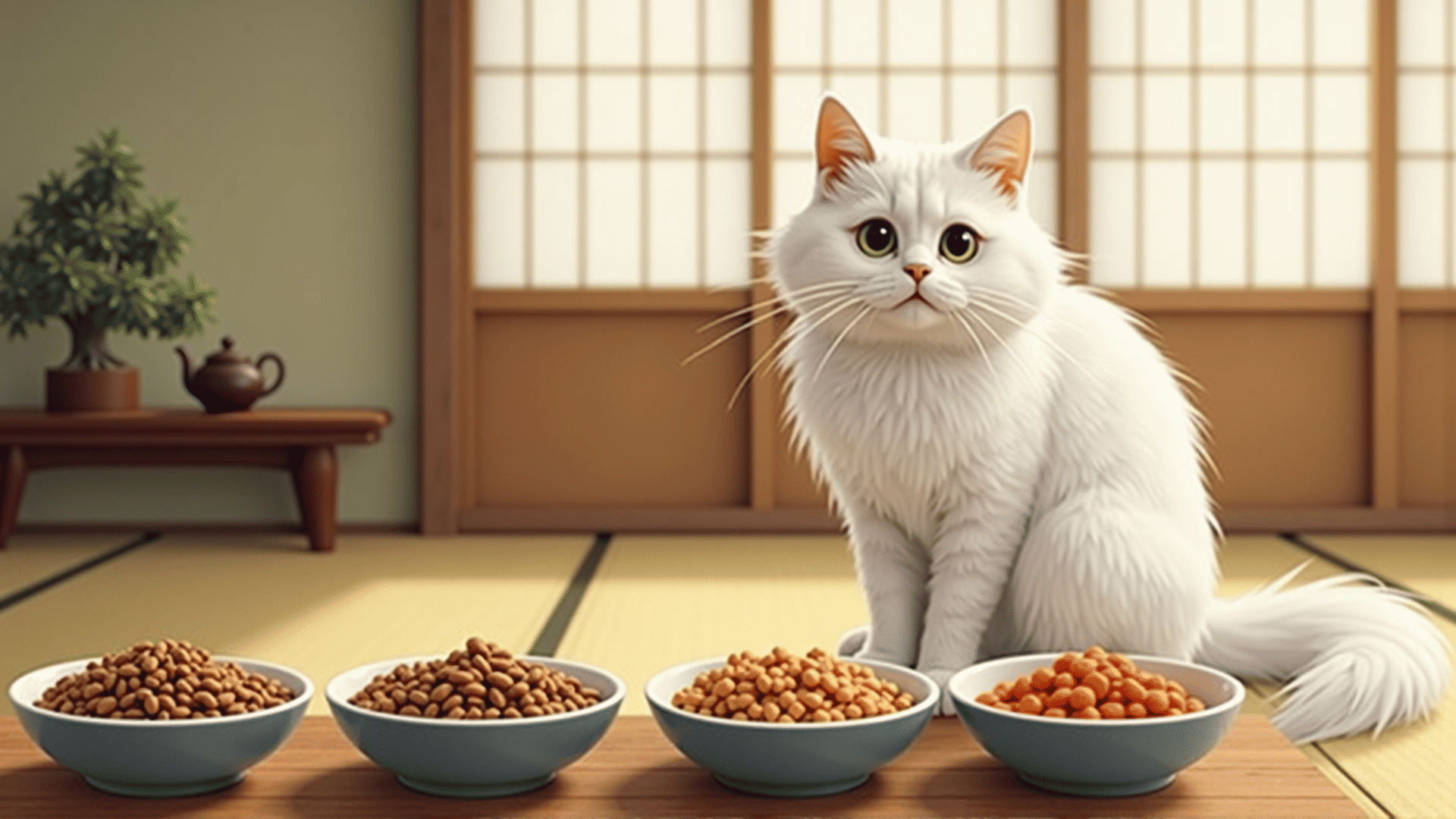Choosing the right cat food is crucial to ensuring your feline friend enjoys a healthy and happy life. Just like humans, cats require a balanced diet rich in essential nutrients to support their overall well-being. Providing nutritionally balanced cat food can make a significant difference in your pet's energy levels, coat condition, digestive health, and longevity.
Understanding Your Cat's Nutritional Needs
Cats are obligate carnivores, meaning their diet must be primarily based on animal proteins. They require certain nutrients that are found predominantly in animal tissues. The most critical of these is taurine, an amino acid essential for heart health, vision, and reproduction. Unlike some other animals, cats cannot produce enough taurine on their own and depend on their diet to obtain it.
Moreover, cats need a balance of proteins, fats, and a minimal amount of carbohydrates. High-quality animal protein supports muscle maintenance and repair, while fats act as a concentrated energy source and help absorb fat-soluble vitamins. Carbohydrates should be present in moderation as they provide fiber that aids digestion but too many can lead to weight gain.
Choosing the Right Cat Food
When selecting cat food, it's important to look beyond the marketing on the packaging. Here are some key factors to consider:
-
Ingredient Quality: The first ingredient should be an animal-based protein such as chicken, beef, or fish. Avoid foods that list fillers like corn, wheat, or soy as primary ingredients, as they offer little nutritional value to cats.
-
Complete and Balanced Label: Look for diets that are labeled as “complete and balanced” according to the Association of American Feed Control Officials (AAFCO) standards. This ensures the food has been formulated to meet the basic nutritional needs of cats.
-
Life Stage Appropriateness: Cats have different dietary requirements at various stages of life. Kitten, adult, and senior formulations are crafted to address those specific needs. Choose a diet appropriate for your cat's age, weight, and health status.
-
Wet vs. Dry: Both wet and dry foods have their advantages. Wet food provides additional moisture, which is beneficial for cats prone to urinary tract issues. Dry food can be convenient and promote dental health. Many cat owners opt for a combination of both to reap the benefits of each.
-
Special Dietary Needs: Some cats have specific health concerns that require special diets, such as urinary health, weight management, or sensitivity and allergies. Consult with your veterinarian to determine if your cat requires a specialized diet.
Benefits of a Nutritionally Balanced Diet
Feeding your cat a nutritionally balanced diet can lead to numerous health benefits. A properly nourished cat is likely to have a shiny, healthy coat and skin. Good nutrition supports a strong immune system, reducing the likelihood of infections or illnesses. Additionally, balanced cat food promotes healthy weight management, helping prevent obesity-related diseases like diabetes and joint issues.
Consultation and Transitioning
Before making significant changes to your cat's diet, it's advisable to consult with a veterinarian. They can provide guidance tailored to your cat's specific health needs and any allergies or intolerances they may have. When transitioning to a new food, do so gradually over the course of 7-10 days to avoid digestive upset. Begin by mixing the new food with the old, slowly increasing the proportion until the transition is complete.
In conclusion, choosing nutritionally balanced cat food is an essential step in supporting your pet's health and well-being. By doing so, you ensure that your feline companion receives the necessary nutrients for a happy and healthy life filled with vitality and vigor.
